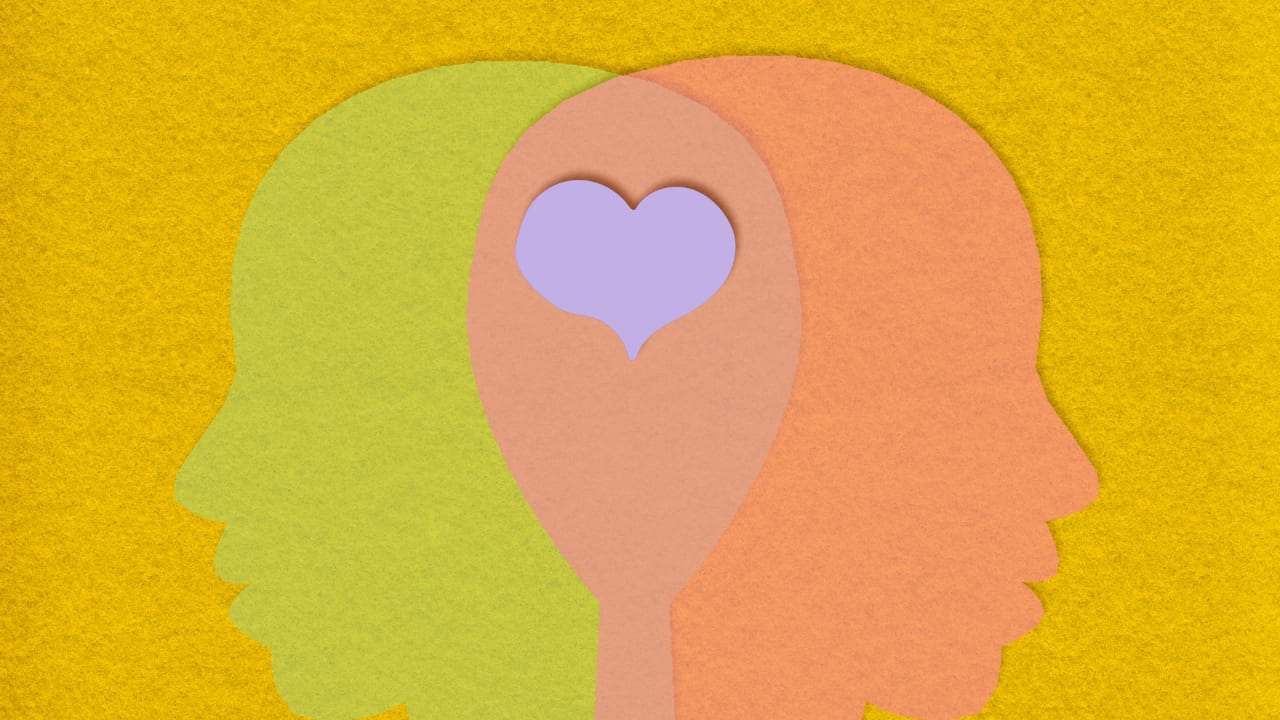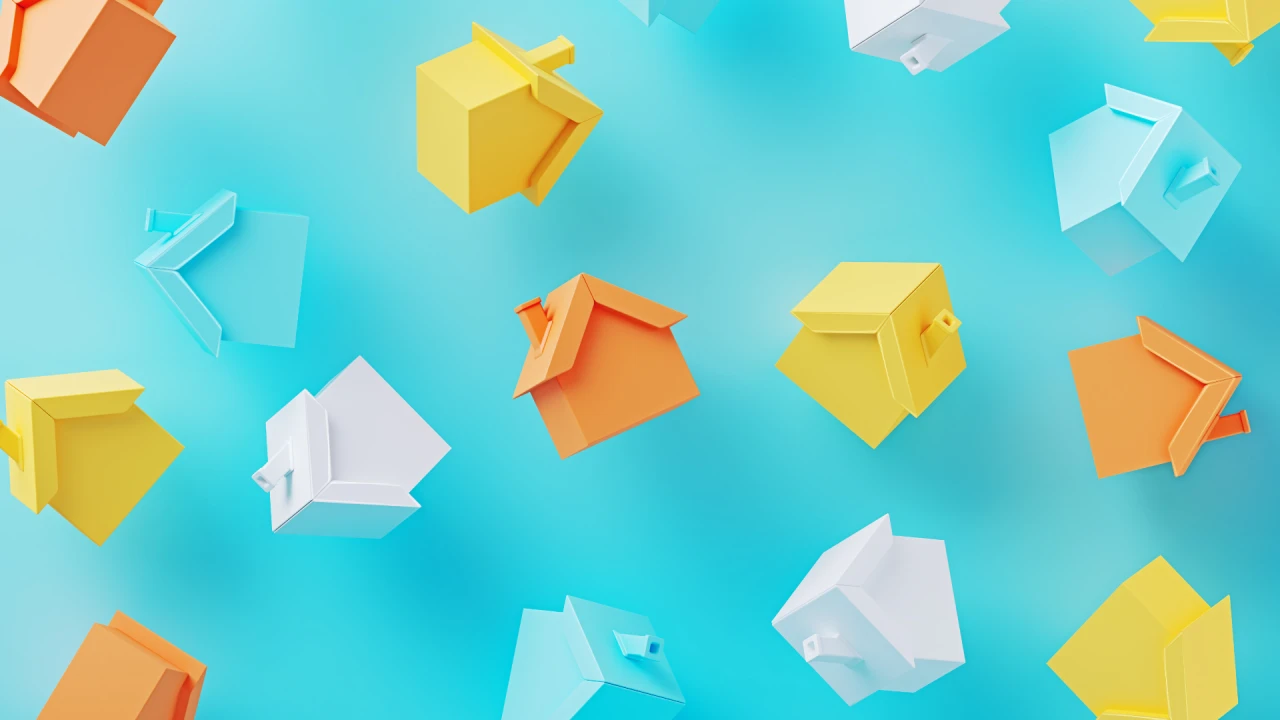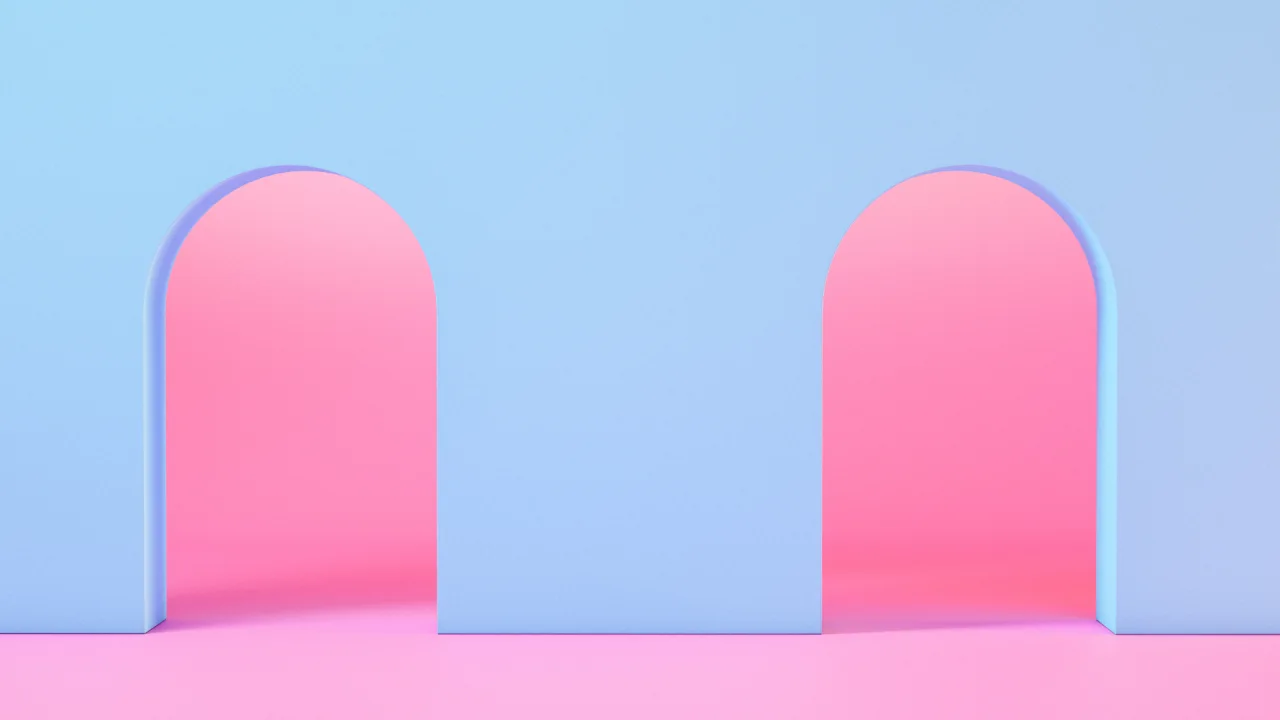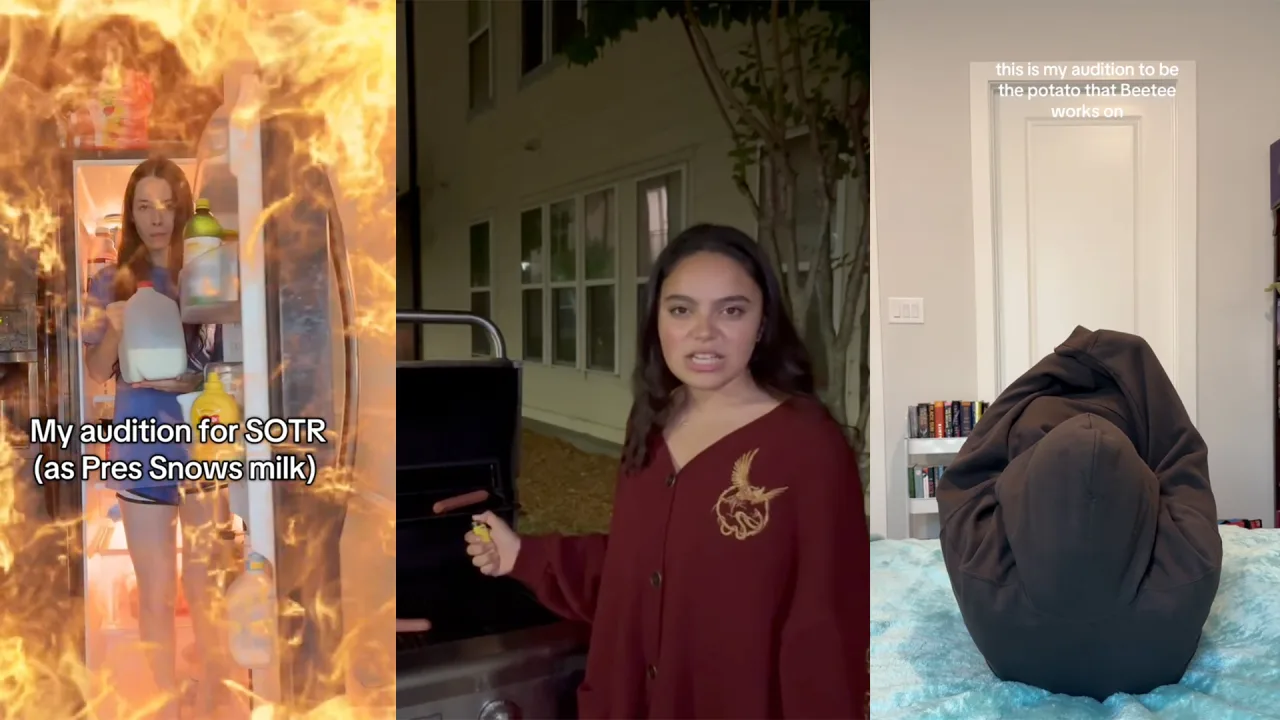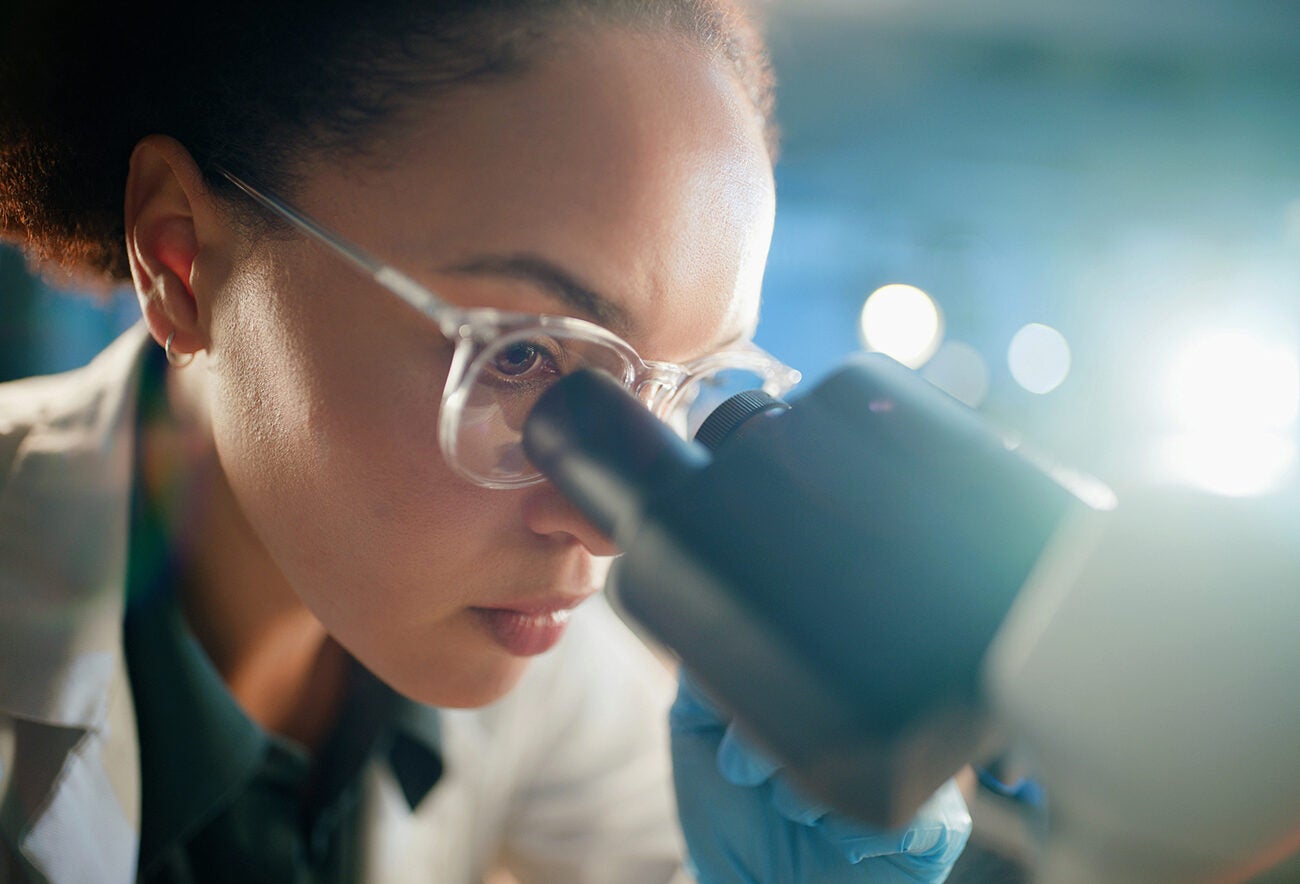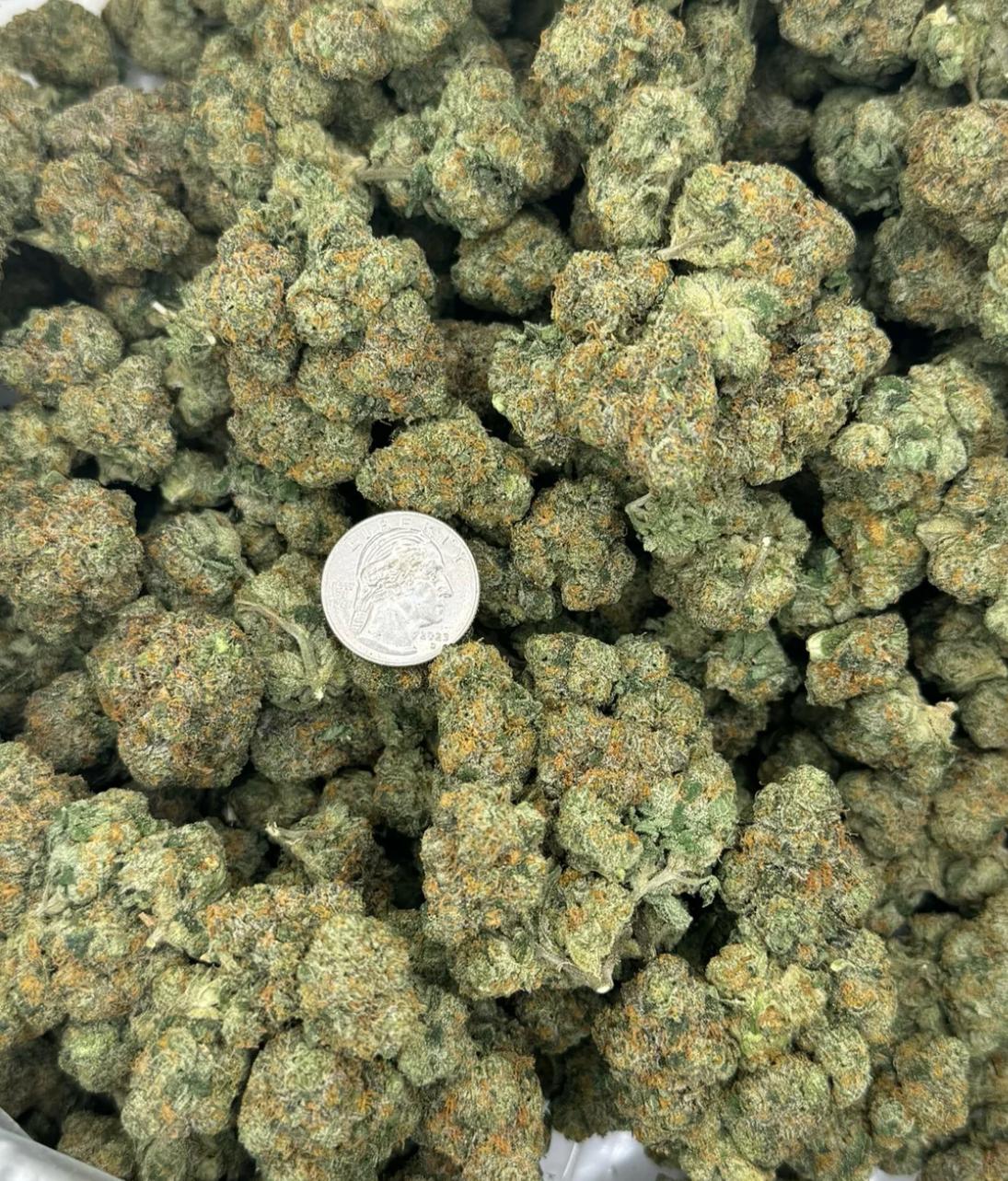Lesson 4: Happiness is the expansion of possibility
In the prior three lessons, I’ve shared how to become a project finisher (not just a starter), how to design effective learning projects, and finally how to create flow so learning becomes a joy, not a grind. Today, I want to step back and consider the question of why to learn in the first place. […] The post Lesson 4: Happiness is the expansion of possibility appeared first on Scott H Young.

In the prior three lessons, I’ve shared how to become a project finisher (not just a starter), how to design effective learning projects, and finally how to create flow so learning becomes a joy, not a grind.
Today, I want to step back and consider the question of why to learn in the first place. Learning is not just a means to a better job, fitter body or more interesting hobby (although it can do all those things) but one of the ends of life itself.
What Makes You Happy?
The exact shape of a life well-lived has been debated for millennia. While we may never have a “final” answer, many different philosophies put an expansion of consciousness at the apex of any hierarchy of human needs.
Abraham Maslow called it self-actualization. Aristotle called it eudaimonia. Socrates thought only the reflective life was worth living. And throughout the ages, many other sages have placed inner cultivation above material rewards and social status.

Life, at its best, isn’t about mere survival and status, but self-expansion. When we see our possibilities in life expanding, we are happy with our lives. When we see them static or contracting, life feels dull—even if we have wealth or social standing.
Learning is the process of self-expansion. It is the expanding of the mind to encompass new possibilities, and with new possibilities come vibrancy and enthusiasm.
If Learning Makes Us Happy, Why is Studying Hard?
Humans are intrinsically curious. We enjoy learning. We seek out experiences of mastery, growth and new ideas.
Unfortunately, I think the process of learning has often been dominated by institutions that thwart our natural curiosity. Schools foster competition among students. Credentials wall off opportunities to a narrow class. Sports pick winners and discourage losers.
This socialization means that, for many, we begin to associate “learning” with pain and frustration. Our innate curiosity remains, but we push this urge to grow and expand into other areas: video games, social media, television shows, “safe” areas where we can feel some facsimile of our desire for self-expansion without the threat of discouragement or failure.
Entertainment is fine. But just as watching Friends is a poor substitute for having friends, limiting all your experiences of mastery to video games, or all of your thirst for knowledge to social media gossip is, fundamentally, a limit on how your self can expand.
Rekindle Your Desire to Learn
My life’s work tries to help people rediscover their original curiosity. To get excited about learning, in the knowledge that they actually can finish the projects they daydream about. You actually can learn French, programming, or ballroom dancing. You actually can change your career, improve your health, transform your relationship, or understand your own psyche.
A major obstacle to rediscovering curiosity is simply lacking the right tools: your projects never seem to get off the ground, you try to get better but constantly get stuck, you’re beset by doubts about your own talent, aptitudes or even motivations.
I’d like to be your guide in changing your relationship with learning. I don’t just want to show you a new technique for memorizing facts, or a strategy for practicing skills (although there are plenty of those). Instead, I want to show you a different way to live: less focused on achieving a specific goal, and more on cultivating a continuous process of becoming a better you.
On Monday, I’m going to be opening my popular, six-week course, Rapid Learner, for a new session. I hope you’ll join me in building the tools for a more curious life, together.
The post Lesson 4: Happiness is the expansion of possibility appeared first on Scott H Young.


